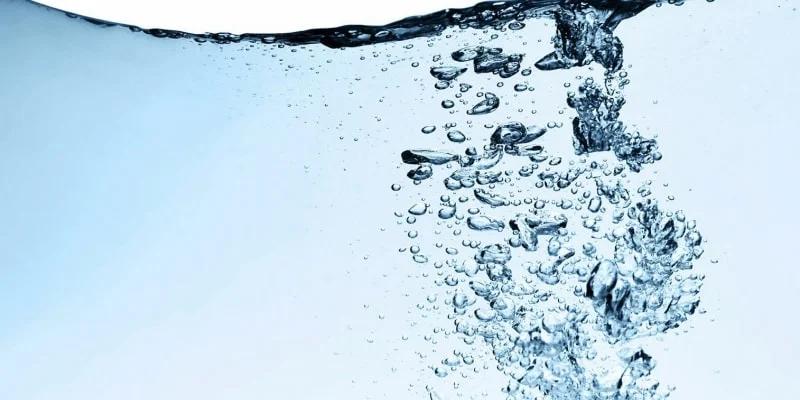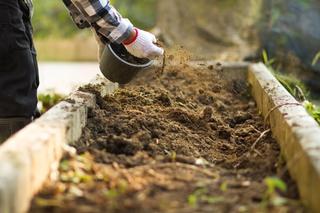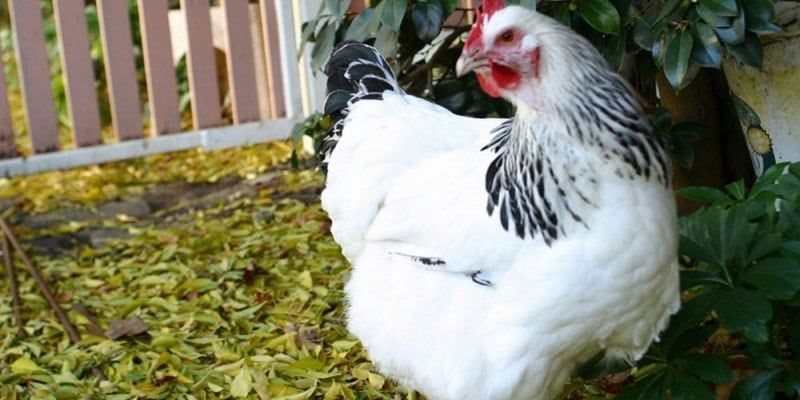Spring Cleaning
It’s not just for your house!
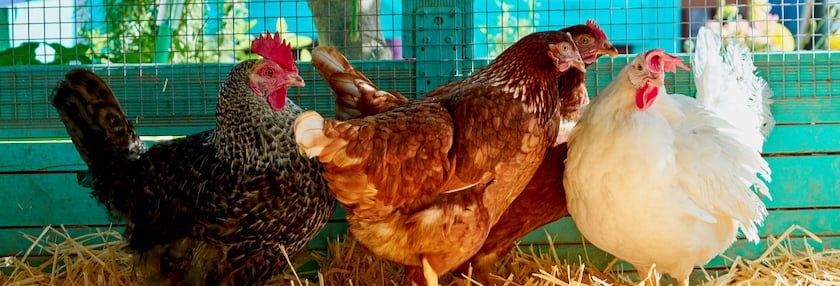

The concept of spring cleaning has its roots in multiple cultures and religions. The Jewish custom has its roots in preparing for Passover in the spring when Jews remove all bread or chametz from their homes in order to prepare for the week of Passover.
Many Christians clean their home before Good Friday or Lent. The Persian Holiday Nowruz is a 13-day celebration that involves cleaning and buying new clothes.
Over time it became part of non-religious cleaning as the dirt and grime from winter could finally be cleaned. As an example, a diary from an American housewife in 1864 included an entry that said, “Swept and dusted the sitting room & Kitchen 350 times” among other chores!
Coop care season
Anyway, as you clean your house this spring it is also a great idea to clean your chicken coop for all the same reasons. Maintaining a clean coop is important to reduce the potential for disease transmission.
At the end of the day, proper cleaning and disinfecting (and we’ll go over the difference between the two) are crucial in order to prevent exposure to multiple infectious diseases including Marek’s disease, Salmonella and ectoparasites like mites.
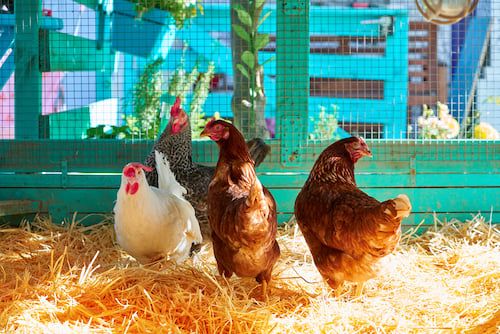
The basics of cleaning your coop (spring or anytime) are:
- Start by removing all birds and equipment like feeders and waterers from the coop to be cleaned.
- Dry Cleaning: Sweep all the loose dirt off ceilings and walls. Scrape and remove all the remaining poop and dirt from perches and roosts. Remove as much dry material as possible. Remove all feed from feeders.
- Wet Cleaning: Wet cleaning is done in three steps: soaking, washing and rinsing. Make sure you use warm or hot water.
- Soaking: Soak the heavily soiled areas (perches and roosting areas, floors, etc.) thoroughly. Use a low-pressure sprayer to totally soak all surfaces. Soak until the accumulated dirt and manure has softened to the point it is easily removed.
- Washing: Wash every surface in the coop where dirt and dust may accumulate. You have a lot of different choices but I like to use good old-fashioned dish soap mixed with hot water (160°F or hotter is best). Manual scrubbing with a moderately stiff brush is one of the best ways to insure a thorough cleaning. Make sure you inspect all the surfaces to confirm all the dirt and manure has been removed.
- Rinsing: A final rinse immediately after washing helps remove any residues. Make sure you mop up puddles as they can rapidly become breeding grounds for bacteria.
- Disinfecting: This is a crucial step. Disinfectants should be applied only after the building and equipment have been thoroughly cleaned, ideally right after rinsing. Disinfectants can be applied by sprays, aerosols or fumigation. The types of disinfectants generally used are phenolic compounds (e.g., Pine-sol, One Stroke, Osyl), iodine or iodophors, (e.g., Betadine and Weladol), chlorine compounds (e.g., Clorox, generic bleach), quaternary ammonium compound (e.g., Roccal D Plus) and oxidizing compounds (e.g., Virkon S). They all have advantages and disadvantages which are beyond the scope of this article, but whichever one you choose make sure they are applied on surfaces without organic material (aka poop, dirt) since those materials will inactivate the disinfectant.
For a more thorough disinfecting, soak waterers and feeders in a 200 ppm chlorine solution (1 tablespoon chlorine bleach per gallon of water).
- Drying: Thoroughly air-dry the coop. Open any windows/doors to facilitate ventilation. Ideally, pick a dry sunny day to make this go faster.
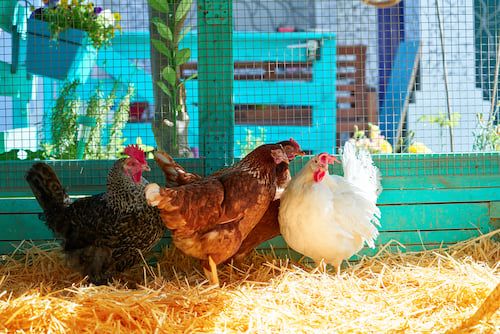
Overall clean, overall health
It is really important to realize that having a clean coop is important for your flocks overall health. For example, if the waterers are not clean your chickens will most likely drink less which means they will eat less feed since water consumption is a key factor toward making sure your chickens eat their regular ration.
Big picture, spring cleaning and periodic as necessary non-spring cleaning is a great habit to include in your regular care of your chickens.
April 22, 2022
Tags:Pitesky's Poultry

Chicken Whisperer is part of the Catalyst Communications Network publication family.








